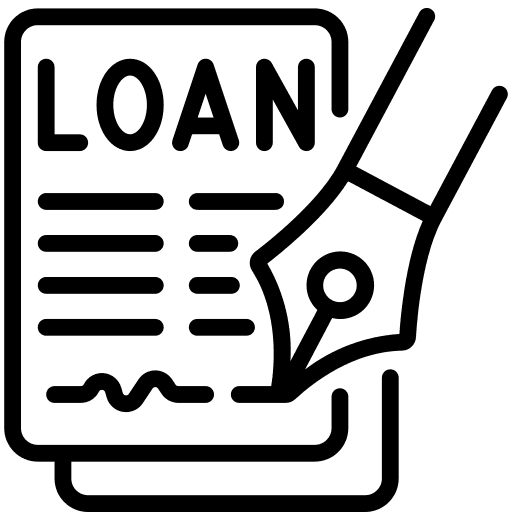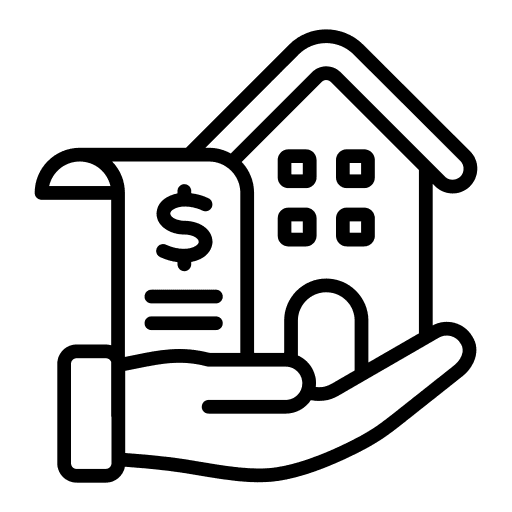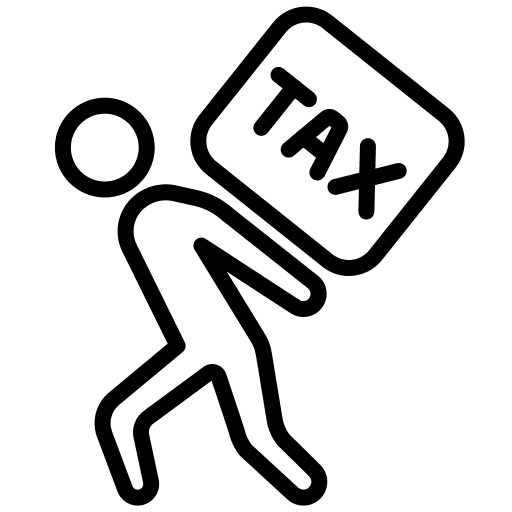Top 10 Types of Debt: Understanding Your Financial Obligations

Credit Card Debt
One of the most common forms of debt, credit card balances come with high-interest rates if not paid in full each month. Many consumers use credit cards for everyday purchases, but carrying a balance can lead to financial strain.

Student Loan Debt
Federal and private student loans help finance higher education. Repayment terms vary, and interest rates depend on the loan type. Many borrowers struggle with student loan repayment after graduation.

Payday Loan Debt
Short-term, high-interest loans designed for emergency expenses. Payday loans often come with excessive fees, leading to a cycle of debt.

Mortgage Debt
A mortgage is a loan used to purchase a home. Borrowers repay the loan over 15 to 30 years with interest. Failure to make payments can result in foreclosure.

Medical Debt
Unpaid medical bills can lead to significant financial burdens. Many healthcare providers offer payment plans, and some debts may be negotiated for lower amounts.

Business Debt
Loans taken out by businesses for operations, expansion, or inventory. Business debt may be secured (backed by assets) or unsecured.

Auto Loan Debt
Auto loans help consumers purchase vehicles by making monthly payments. Interest rates vary based on credit scores, and missed payments may lead to repossession.

Personal Loan Debt
Unsecured personal loans are used for various expenses, including debt consolidation and emergencies. Interest rates vary based on creditworthiness.

Tax Debt (IRS and State Taxes)
Unpaid taxes owed to the IRS or state tax authorities. Tax debt can result in penalties, wage garnishments, and legal action if not addressed.

Utility and Cell Phone Debt
Unpaid electricity, water, or phone bills can lead to service disconnections and impact credit scores if reported to collections.
Conclusion
Understanding these different types of debt can help individuals and businesses make informed financial decisions. If you’re facing challenges with debt management, contact our law firm today for expert guidance on resolving your financial obligations.
You are welcome to explore each page for more detailed information.

